
Have no time for those calculations? We have done that part for you! In this thorough guide, we will discuss various factors determining the cost of liquid silicone rubber, average price ranges, and tips for buying the best one.
Silicone Rubber Grades
Silicone rubber has different grades based on hardness, tear, and heat resistance. The grade of silicone rubber determines the cost of the liquid silicone rubber sheet.
These silicone rubber sheets are available in three different grades: medical grade silicone, FDA-approved food grade silicone, and commercial grade silicone. Let’s have a look at each grade and see how it stands out from the others.
1. FDA Grade Silicone Rubber
FDA-grade silicone is a rubbery compound that meets food industry safety standards. It is extensively used in the food and medical industries. A food-grade silicone rubber has exceptional resistance to extreme temperatures.
This property guarantees that food-grade liquid silicone rubber is a safe and non-toxic option for specialized applications in the food industry. In general, the temperature of silicone rubber ranges from -40°C to 230°C.
We can opt for grades like HTV (high-temperature vulcanized) silicone if high heat is an issue. It can withstand high and low temperatures of 600°F or more.
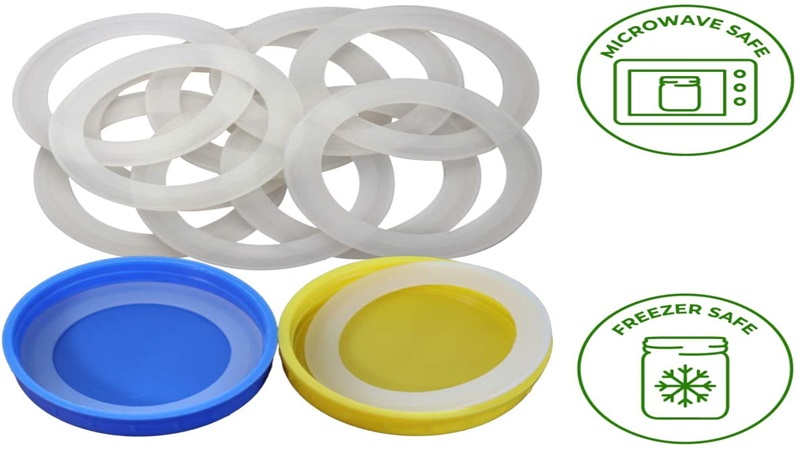
This industrial-grade liquid silicone rubber type usually comes with a higher price tag. However, excellent resistance against temperature and non-toxic properties justify the cost of food-grade liquid silicone rubber.
2. Commercial Grade Silicone Rubber
In contrast to medical or food-grade silicone, industrial-grade rubbers are normally made of raw materials of lower purity. It gives them a cost advantage and enhanced flexibility. However, they are inappropriate for specific applications, such as medical implants.
Commercial-grade rubbers are perfect for sealants and adhesives in the construction industry due to their enhanced stickiness and weather resistance.
These industrial-grade liquid silicone rubbers are the best fit for the automotive industry. They are best for coatings, silicone oil, and lubricants to boost engine and gearbox service life and performance.
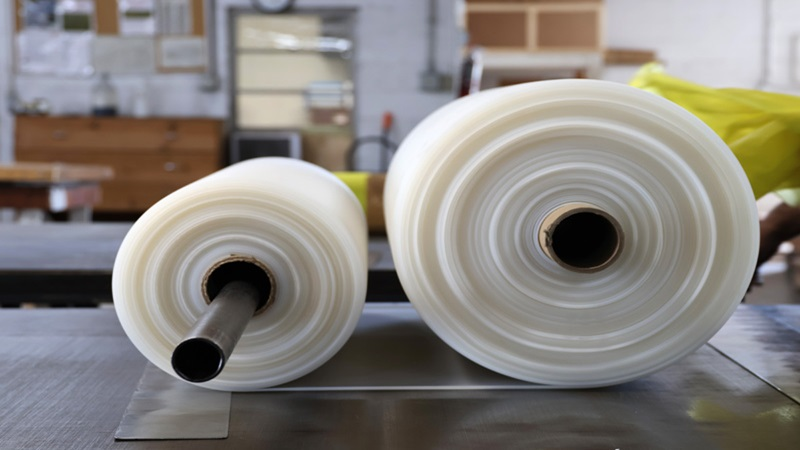
3. Premium Grade Silicone Rubber
Premium-grade liquid silicon rubber is the top industrial-grade liquid silicone rubber on the shelf. Its composition is free of harmful and toxic substances. It makes them very safe to use.
Premium-grade silicone rubber could cost around ten times more than regular silicone because of the high-end material used in its manufacturing.
The aerospace automotive industry uses high-quality industrial-grade liquid silicone rubber for sealing, gasketing, and insulating parts. They also use this material to make medical devices such as catheters, tubing, and seals.
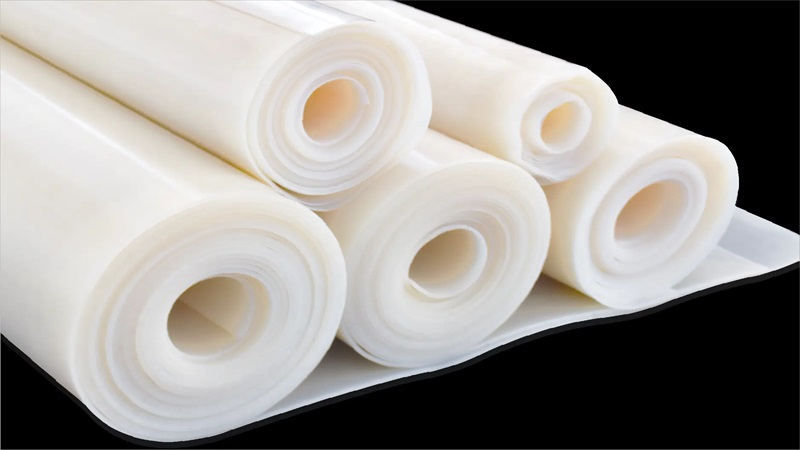
Inquire About Our Silicone and Plastic Products!
Factors Influencing Silicone Rubber Cost
Selecting the type of silicone rubber you want to use impacts the total cost. Businesses must understand these factors to manage the expenses of silicone rubber products. Some main factors are:
1. Material Composition
The industrial-grade liquid silicone rubber signifies the silicone’s physical properties. These properties include durometer (hardness), tensile strength, and excellent thermal stability.
The highest-performance industrial grades, like platinum-cured silicones, tend to be more costly silicone rubber products than the most basic tin-cured grades.
High-quality rubber grades and silicone rubber products cost more due to increased raw material costs and higher procurement rates.
That’s why mid-grade options are the definitive choice for most buyers looking to balance price and quality. For most applications, a mid-grade option will serve you sufficiently and is cost-effective.
2. Manufacturing Process
Customization is the key to producing silicone rubber with certain properties and specified applications. The manufacturing of silicone rubbers involves dealing with certain methods with different efficiency and complexity levels.
These factors affect the overall production costs and production process. As advanced manufacturing processes involve more resources and time, the overall cost of production increases.
Besides that, mixing colors, adding special fillers or reinforcements, or any other customization type can increase the price tag.
You should consider custom silicones only if they are necessary for your product. It’s on you to keep your manufacturing process under budget.

3. Quality Standards
Ensuring that silicone rubber complies with industry laws and quality standards might cost more. It comes with the advantage of ensuring the product is effective and works well.
Among these standards are quality management systems and specific industry guidelines.
This way, maintaining quality standards may cost a little more than normal. However, it ensures that industrial-grade liquid silicone rubber meets the regulatory requirements. On top of that, it guarantees that the product has quality consistency.
Businesses must opt for that to maintain customer trust and bring a competitive landscape to the market.
4. Market Demand
The price of synthetic rubber can increase or decrease depending on its growing demand. When there is a shortage, people who need liquid silicone rubber will rush to get it.
Ultimately, the prices will rise because there may not be enough. Prices could drop when there is not enough demand or many alternative products are available. It is important to understand the market dynamics.
Global issues can change the trading rules. Besides that, other environmental factors are also responsible for the volatility of the cost of liquid silicone rubber.
Silicone rubber manufacturers revise their prices considering consumers’ growing demand and the ease of the global supply chain. It helps them maintain competitiveness and continued sales.
Inquire About Our Silicone and Plastic Products!
Cost-Benefit Analysis
The liquid silicone rubber grade is determined by selecting your budget’s performance level. The better the performance you want, the higher your price will be.
The good news is that cheaper models of liquid silicone rubber are available at almost every price range. Look for cost-effective liquid silicone rubber to manage your budget.
1. Material selection
The process involves collaborating with reliable suppliers to have them find any versatile material that is less costly but of good quality at the same time. Higher industrial grades and quality usually make silicone rubber expensive, but it is worth it when required for specific needs.
If you’re using silicone rubber in applications involving direct contact with food, you should choose food-grade silicone rubber. Though it is on the pricier side, it is an investment worth it as it promotes safety and compliance.
2. Long-term Durability
Find the cost savings associated with liquid silicone rubber grades. Usually, high industrial grades offer longer lifespans, but they also cost more. Compare the initial cost vs maintenance cost over time and choose the right grade for your application.
For many applications, mid-range liquid silicone rubber offers the ideal balance of performance and cost. They can generally perform for several years with very few changes, and the price tags are competitive.

3. High-Temperature Resistant Grades
Do you need silicone rubber that can withstand high heat? Industrial grades like HTV silicone rubber can resist temperatures of 600°F or more. These specialty industrial grades come at a premium, often 25-50% higher cost than standard silicones.
However, the added performance is essential for automotive applications like oven door seals, electrical insulation, and automotive parts. Review your needs for these resistant grades and select the one that suits you best regarding cost-benefit criteria.
4. Application Specificity
For many applications, a standard general-use grade of silicone rubber will work just fine at a budget-friendly price. This industrial-grade synthetic rubber can handle temperatures up to 400°F and has good compression set resistance and weatherability.
While not approved for direct impact on food, they are suitable for gaskets, seals, injection moldings, and tubing applications.
As the most popular and widely produced, general-use silicones are the most affordable, costing 20-50% less than food-grade silicone or high-temp grades. Ultimately, you need to weigh the costs versus the benefits for your specific needs and application.
Liquid silicone rubber with low viscosity comes in various grades, like food grade or medical, to fit nearly any project or budget. Look for effective packages to buy silicone rubber and increase your market share with a gross margin!
Inquire About Our Silicone and Plastic Products!
Strategies for Cost Optimization
The cost of liquid silicone rubber needs a certain level of optimization for businesses. To keep the cost under control for your applications, consider these strategies:
1. Change the Grade
The industrial grade of liquid silicone rubber, which refers to its mechanical properties and ingredients, significantly impacts the price.
If your application allows it, you may be able to lower costs by switching to a lower grade of versatile material with adequate performance for your needs.
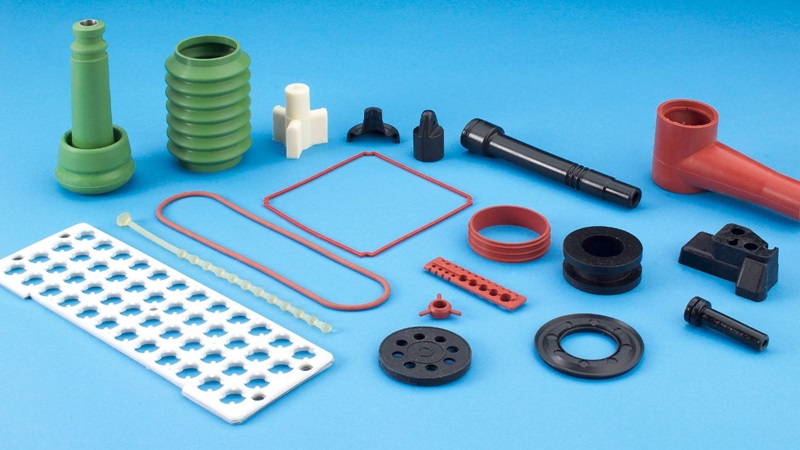
For example, if you’re currently using a medical-grade silicone rubber but only need basic temperature or chemical resistance, an industrial grade may work fine at a lower cost.
Industrial grade bears chemical exposure in the long run and is best for the medical industry to make medical devices. Talk to your supplier about options for downgrading while still meeting your desired properties for medical devices.
2. Buy in Bulk
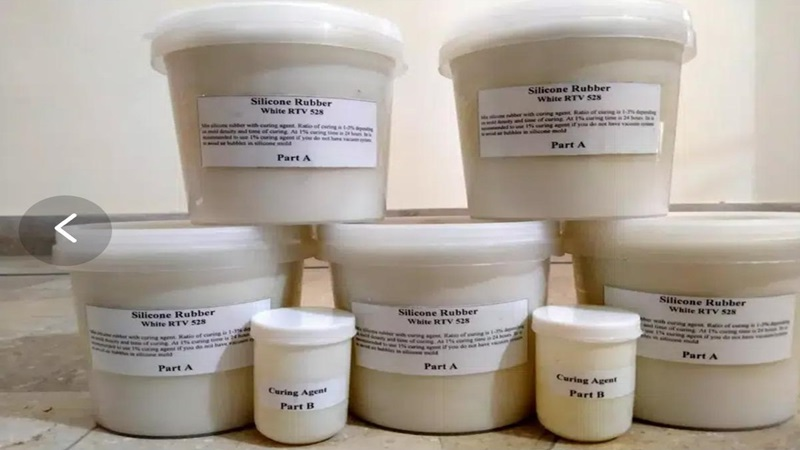
One of the simplest ways to lower the per-unit cost is to purchase larger quantities. Most suppliers offer price breaks for larger volumes since it lowers the industrial-grade silicone rubber cost and ensures bulk orders.
See if doubling your normal order size for silicone rubber can drop the price by 10-30% or more. You’ll need to ensure you have enough storage space for the other materials.
Besides that, watch out for their expiration dates and use them before their shelf life expires. However, bulk buying of silicone rubber is an easy way to optimize cost-effectiveness for high-volume or frequently ordered parts.
3. Consider a Different Base Polymer
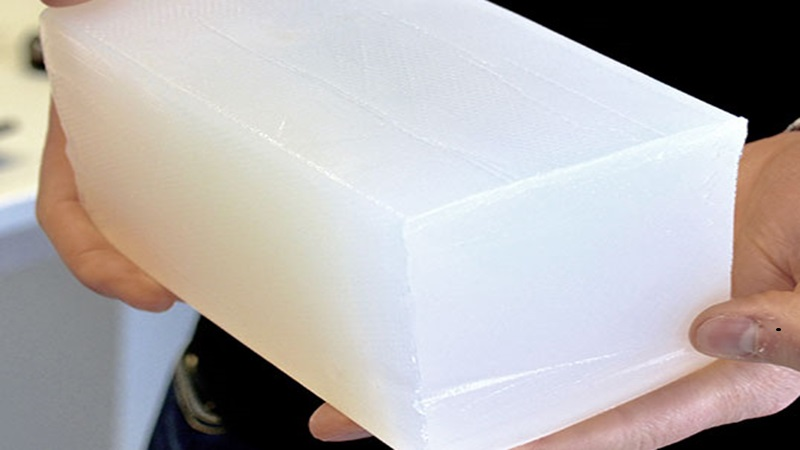
Most silicones use polydimethylsiloxane (PDMS) as the base polymer, but other options like fluoro silicone rubber (FVMQ) or liquid silicone rubber (LSR) may provide cost savings for your application.
Liquid silicone rubber has exceptional chemical and heat resistance, with a price lower than PDMS.
So choosing high-quality industrial-grade liquid silicon rubber can be a cost-effective solution. Explore different base polymers to determine if one may meet your needs at lower overall costs.
4. Buy Surplus or Recycled Material
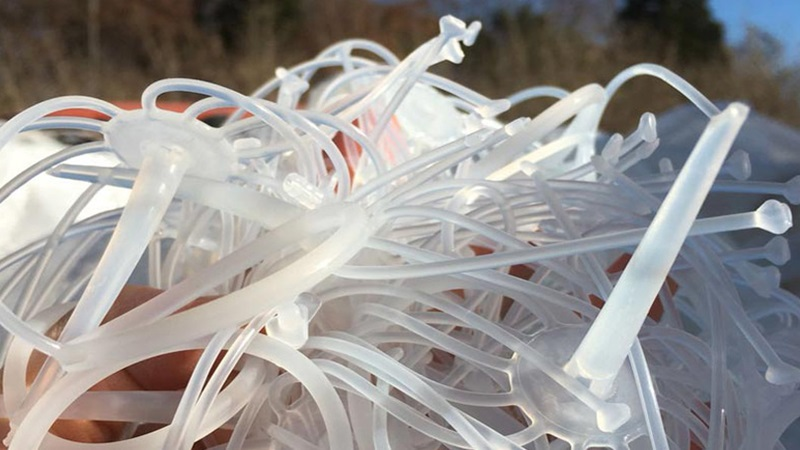
Some suppliers offer surplus, recycled, or reprocessed silicone rubber at a significant discount. Surplus material is leftover from other orders, and recycled or reprocessed material has been previously used but renovated to like-new quality.
In this way, there is limited availability of synthetic rubber grades and quantities. However, surplus or recycled liquid silicon rubber can lower your costs by up to 50% or more, and it has a unique combination.
Check with a reliable supplier if they have discounted overstocked or recycled material intended that could work for your application.
Inquire About Our Silicone and Plastic Products!
Conclusion
Not all liquid silicone rubber is equal, so you should always avoid the temptation to choose the cheapest option. While initial production costs play a crucial role, don’t forget to look at the bigger picture.
A highly flexible and higher-performing liquid silicone rubber, though pricier up front, can save you money in the long run through the increased lifespan. If a liquid silicone rubber fails prematurely, you may pay more to fix the issues.
Trust me, the last thing you want is a part failing in the field because you cheaped out on the synthetic rubber. A little more upfront can save you big time and headaches down the road. Make informed decisions to increase suitability in the market!
Why Go to Hongju for Your Silicone Rubber Needs?
This is where we come in! Hongju‘s experts will evaluate your application and silicone product regulatory requirements and recommend a liquid silicone rubber solution that balances performance, sustained growth, and reasonable cost.
Get our technical support and highly flexible services. Contact us; our guidance can help you choose an industrial-grade silicone rubber that serves your current and future needs.